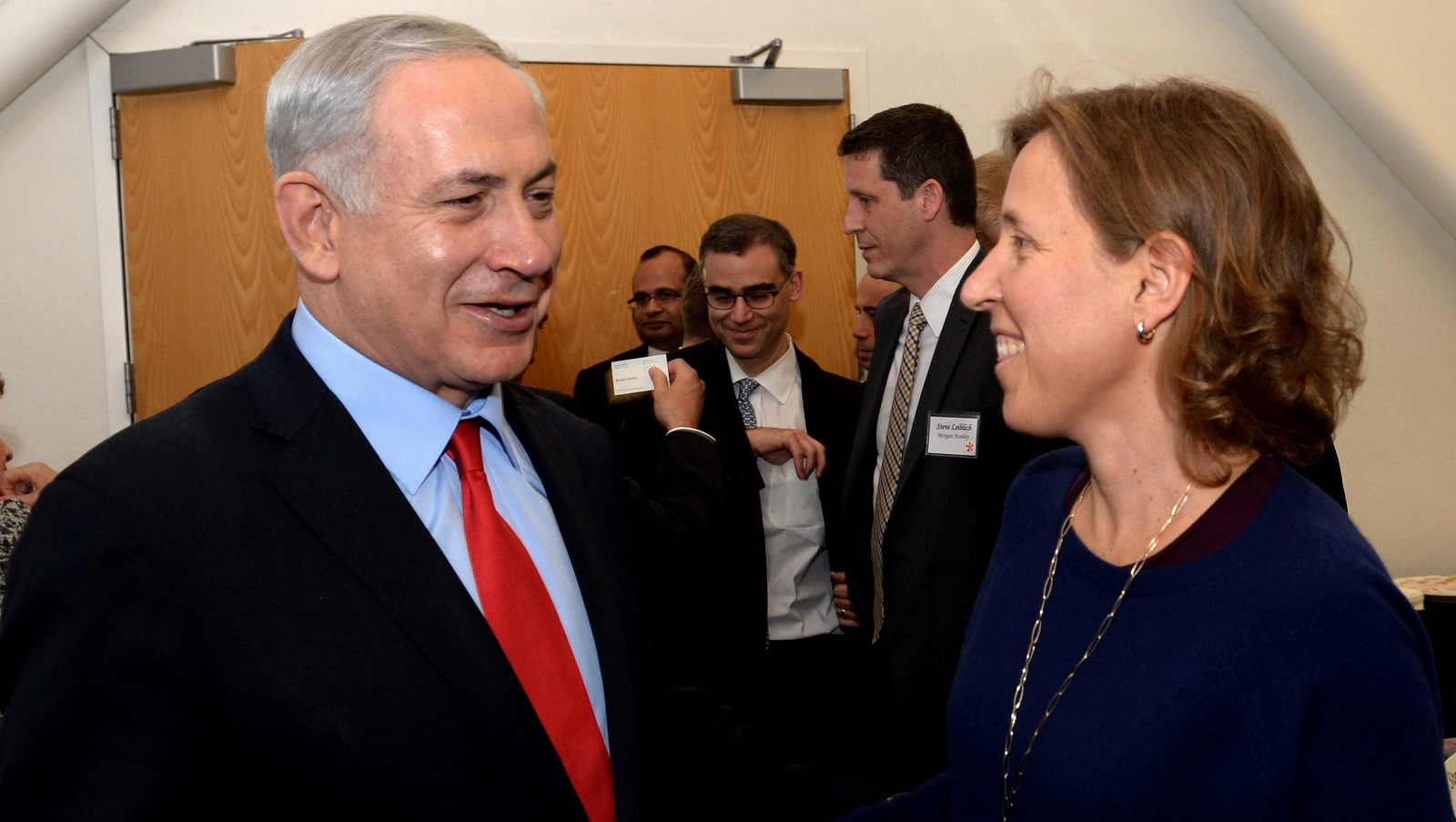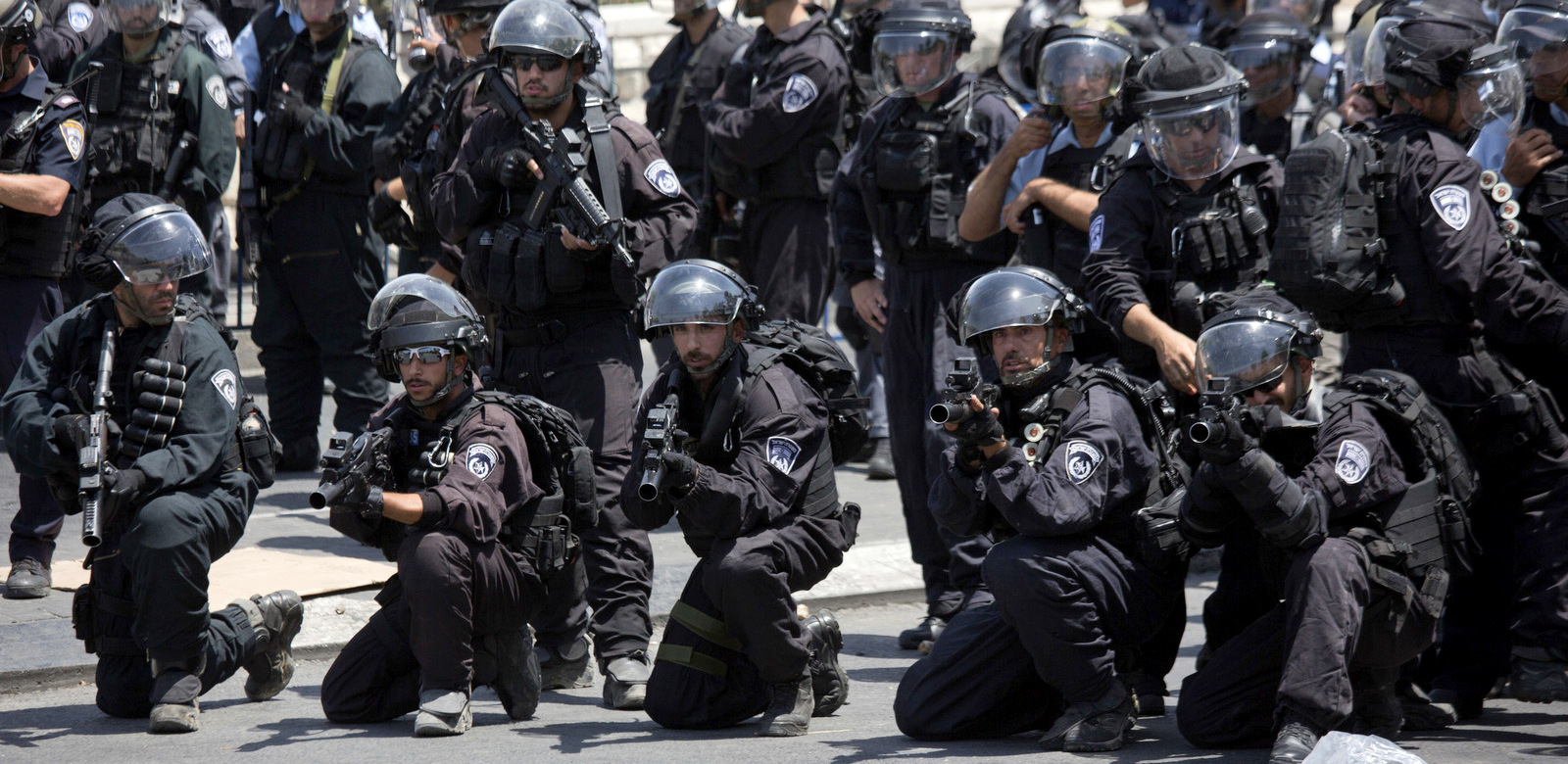MINNEAPOLIS – Amid efforts aimed at censoring independent media, internet giants like YouTube are now moving to censor information at the behest of local governments. Though the phenomenon is not new, it appears to be expanding, as shown by YouTube’s recent decision to block a video from the Empire Files, the teleSUR program hosted by journalist Abby Martin, in 28 countries for allegedly violating “local laws” after a legal complaint was filed.
The video itself, titled “Jewish-American on Israel’s Fascism: No Hope For Change From Within,” examines the militaristic attitude increasingly shown by Israelis towards Palestinians and includes an interview with journalist Max Blumenthal. Of the 28 countries where the video is blocked, most are in Europe. The video itself is also blocked in Israel.
Blumenthal, when contacted for comment by RT, asserted that nothing he stated during the interview “was even remotely illegal, even in countries with the strictest hate-crime laws,” leading him to conclude that the decision to block the video was political in nature and “likely made under pressure from powerful pro-Israel interests.”
Just notified by YouTube that @AbbyMartin’s interview with @MaxBlumenthal has been blocked from being viewed in 28 countries (including Israel) to “comply with local laws.” Actions disabled & warnings for viewers elsewhere. https://t.co/Kr2rbfXabg pic.twitter.com/vKPxABjsZ7
— The Empire Files (@EmpireFiles) April 5, 2018
YouTube political censorship not new but getting worse

YouTube’s censorship of videos in response to pressure from pro-Israel groups is not new. As far back as 2015, Israeli officials were meeting with representatives of Google, YouTube’s parent company, to discuss “inflammatory” videos from Palestinian outlets that were allegedly being used to incite Palestinian children to attack Israeli citizens. That year, an agreement was arranged to establish a “mechanism to monitor online materials.” A year later, the company decided to remove Palestine from Google Maps, renaming cities and places in Palestine as belonging to Israel. Google has yet to address violence on YouTube and other online platforms in cases where Israelis incite violence against Palestinians, a common occurrence.
However, since then, these efforts have gained momentum and have been more widely enacted in tandem with increasing censorship at YouTube, as well as on popular social media platforms. For example, last August, MintPress reported that YouTube would use groups like the Anti-Defamation League (ADL) to identify and censor “controversial content” on its platform. The ADL consistently labels pro-Palestinian groups and those critical of the Israeli government as “extremists,” but has avoided that label with respect to the right-wing Israeli groups and figures that openly call for the murder or even genocide of Palestinians.
Watch | Abby Martin’s Interview with Max Blumenthal – banned by YouTube
https://www.youtube.com/watch?v=MlNn1v4_Uf0
In addition, YouTube’s “restricted” feature – intended to hide graphic content – causes searches containing the word “Israel” to not include certain videos from appearing, thereby blocking them from the search results. YouTube has not publicly disclosed what triggers the designation of certain videos as “restricted.”
Blumenthal’s work has previously been censored by YouTube as well, specifically videos in which he discussed Israel and Palestine. For instance, in 2010, his video exploring the prevalence of “racist extremism” in Israel was removed from the platform with no explanation.
YouTube’s latest decision to restrict an interview detailing the militarism in Israeli society and the Palestinian experience is just the most recent indication that the platform is seeking to create an “echo chamber” that censors information at the behest of powerful special interests and at the expense of free speech and the public’s right to know.
Top Photo | Israeli riot police aim their rifles at protesters outside of Jerusalem’s Old City, July 28, 2017. (AP/Ariel Schalit)
Whitney Webb is a staff writer for MintPress News who has written for several news organizations in both English and Spanish; her stories have been featured on ZeroHedge, the Anti-Media, and 21st Century Wire among others. She currently lives in Southern Chile.


